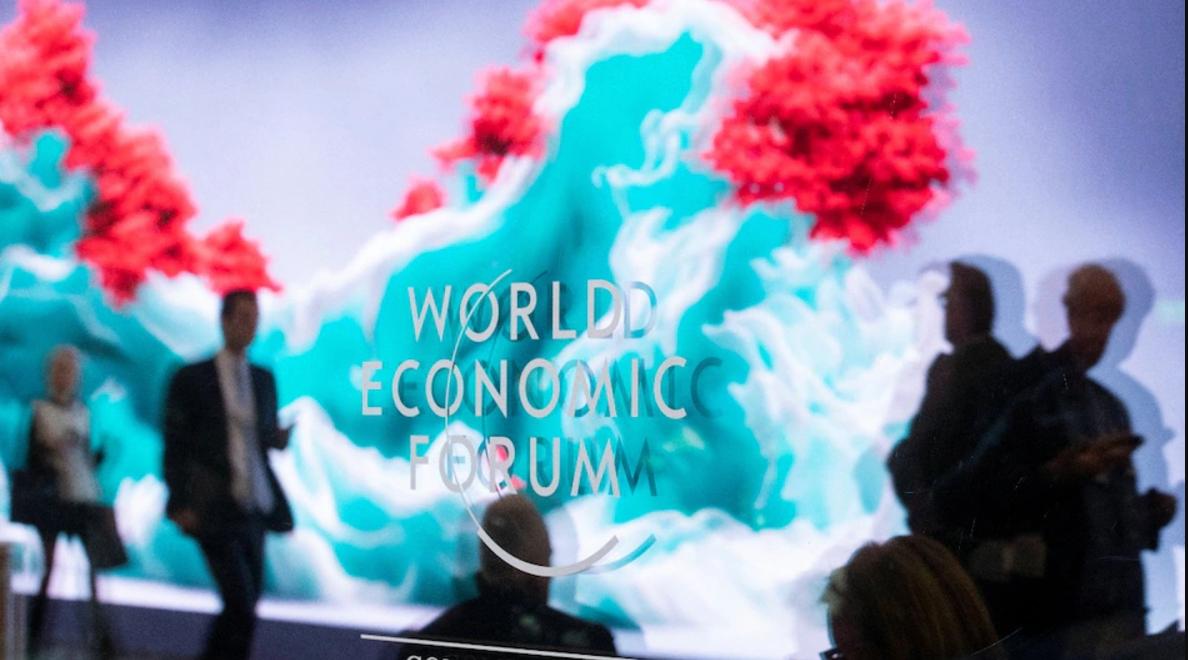Cooperation
By Børge Brende, President and CEO, World Economic Forum
And Bob Sternfels, Global Managing Partner, McKinsey & Company
The world faces a series of urgent environmental, economic and security challenges, with time ticking down to address them.
Global security is at a crisis point, with the highest number of conflicts since the end of World War II. There are other challenges. Global growth in 2025 is set to remain stable, but “underwhelming” at 3.2%. Only 17% of the United Nations’ Sustainable Development Goals are on track. Health and wellness are in the balance, with the trend in global disability-adjusted life years starting to flatten after recent progress. The energy transition toward a net-zero future remains in its early stages; only about 10% of the low-emissions technologies required by 2050 have been deployed in most areas.
All this is taking place while companies and countries grapple with harnessing the potential benefits, and mitigating the risks, of the frontier technologies poised to reshape economies and societies. Generative artificial intelligence has the potential to add between $2.6 trillion and $4.4 trillion annually to the global economy but there are unanswered questions about how to share this benefit equitably and prevent the misuse of the technology.
This challenging context raises a fundamental question: What form of global cooperation is needed to address the challenges of this new era? The geopolitical dial will not – and should not – turn back to the order of the past. But if we are to thrive in this new era, states and companies must find new ways to cooperate.
The second annual Global Cooperation Barometerpublished recently by the World Economic Forum and McKinsey & Company, highlights the challenges and suggests potential paths to bolstering cooperation. The barometer measures levels of cooperation by drawing on 41 metrics across five pillars: Trade and Capital; Climate and Nature; Innovation and Technology; Health and Wellness; and Peace and Security. These different pillars can help leaders better understand the challenges of various types of cooperation, track trends, and chart a new course, lifting business and society to new and stronger forms of cooperative success.
The state of global cooperation
The 2025 barometer finds that global cooperation is higher than pre-pandemic levels but has flatlined over the past three years. The overall stability hides movement both up and down across individual pillars and metrics, as the tectonics of world order shifts.
Continued deterioration in global peace and security is a key factor in the flatlining of the barometer’s overall measurement over the past year. Increased conflicts and the high number of forcibly displaced people have been prominent and persistent challenges.
Trade and capital cooperation has also dropped slightly, with decline in goods trade the largest contributor, followed by both developing countries’ share of manufacturing exports and share of foreign direct investment (FDI). Yet, the barometer detects growing flows overall of capital, services and people.
There are some positive signs that the cooperation agenda is advancing. In September 2024, the United Nations (UN) General Assembly adopted the ambitious Pact of the Future – the culmination of nine months of negotiations, designed to “bring multilateralism back from the brink“, as UN Secretary-General António Guterres declared.
Cooperation around climate and natural capital remains a brighter spot across the five pillars. Yet broader, accelerated progress is required if the world is to meet its environmental goals.
The barometer also finds health outcomes like life expectancy continue to improve post-pandemic, though cross-border assistance is falling.
Digitization of the global economy continues to drive increased cooperation in the innovation and technology pillar, but global fragmentation of frontier technologies could slow global productivity growth.
How leaders can build cooperation in today’s context
Today, leaders need new mechanisms for working together on key priorities, even as they disagree on others. The past several years suggest this is possible, and there are strong signs of cooperation taking place. To move forward, leaders will need first and foremost to address urgent global security challenges. They must also remain open to new approaches to cooperation that may offer the greatest chance of delivering effective solutions.
In practice, leaders will need to be mindful opportunists. Governments can create new dialogues and open lines of communication, as part of an effort to track signals that may run counter to their assumptions or conventional thinking. Businesses can strengthen in-house geopolitical expertise, put in place mechanisms for reading signals and empower teams to make decisions, all to clear a pathway to safe and stable growth.
The world has changed and is still changing. The mechanisms of cooperation need to change with it. Across domains, public and private sector organizations will need to find new ways to work with actors they may view as competitors and even antagonists.




